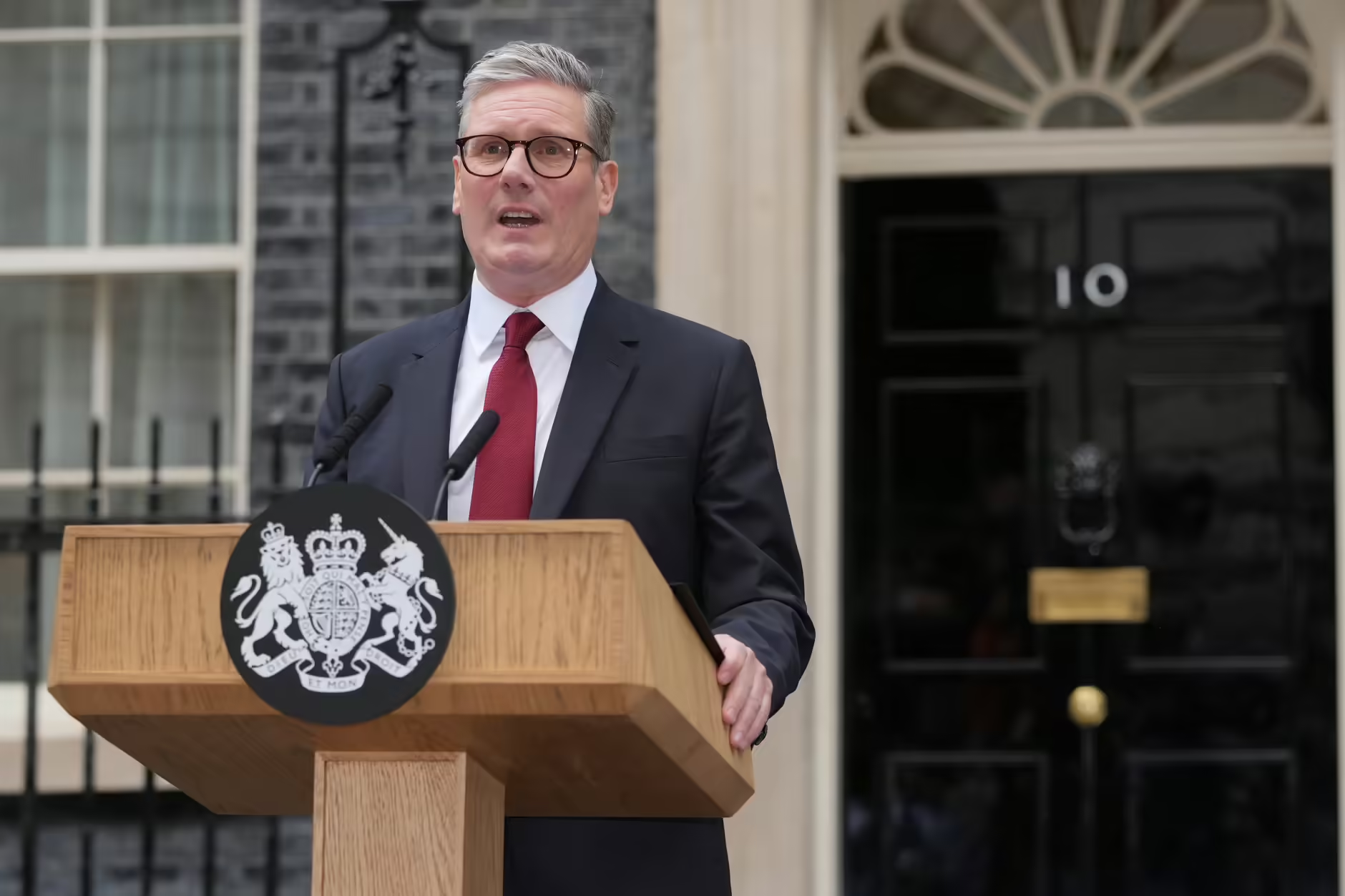DMA calls for a new Data for Growth Bill in the King's Speech
12 Jul 2024

The DMA has welcomed the new Labour government’s secretaries of state and ministers to their position.
Peter Kyle becomes Secretary of State at the department for Science, Innovation, and Technology (DSIT). Having shadowed this position during the last government and worked cross-party on data legislation, he is well placed to continue work in this sphere.
Lisa Nandy takes up post as Secretary of State for the department for Culture, Media and Sport (DCMS). Joining the commons in 2010, she has held a number of shadow ministerial roles in the last 14 years.
Sir Chris Bryant becomes minister crossing both departments with purview over data and digital. Bryant is one of the longer-serving Labour MPs who served in the previous -pre-2010 Labour government as Minister for Europe and Deputy Leader of the House of Commons.
Following the public letter to the political parties from members of the previous government’s Business Advisory Group—chaired by DMA CEO Chris Combemale—the DMA has written to the new DSIT Secretary of State to impress upon him the importance of implementing new data protection legislation and to offer our cooperation in doing so. The letter recommends the legislation be brought forward in the King’s Speech, which outlines the government’s priorities for the coming term.
The surprising timing of the election meant there was not enough time to pass the Data Protection and Digital Information Bill brought forward by the last government and worked on for many years by MPs, campaigners, and the Advisory Group.
Chris Combemale said:
‘With a fresh perspective on policy and legislation by the new government, this is an exciting and opportune moment to take the previous DPDI bill, tighten it up, and put it through the legislative process in haste.
‘A progressive and innovation-friendly regulatory environment that maintains strong privacy protection standards while delivering digital trust and legal certainty will encourage economic growth, more innovative and effective public services, make easier the use of data for research and public good, and greater flexibility in a more complex global environment for data transfers.
‘Inclusion of the legislation in the King’s Speech would show that this government is committed to business and modernising the economy. We look forward to working with the new Labour government to advance the issues relevant to our industry, business and the economy.'
Specifically, the DMA has advocated for 12 points to improve new data protection legislation:
- Reforms that establish greater certainty for the use of legitimate Interests as a lawful basis particularly attracting and retaining new customers
- Reforms that clarify how data can be better used to support scientific research and technology development
- Reforms that reduce bureaucracy for small business
- Reforms that enable Smart Data schemes to be introduced in appropriate sectors
- Reforms that reduce the consent requirements for non-intrusive cookies
- Reforms that update the law to enable beneficial update of automated decision-making like AI while maintaining strong safeguards
- Reforms that create a more flexible international data transfer regime
- Reforms that support use of the email soft opt-in for non-commercial organisations
- Reforms that modernise the structure of the ICO and ensure it considers the impact on innovation and competition
- Reforms that clarify transparency requirements for publicly available data sources such as the Open Electoral Register
- Reforms that establish Codes of Conduct in PECR may be contained in the same document as a GDPR Code of Conduct.
- Reforms that do not risk adequacy in the EU
Please login to comment.
Comments